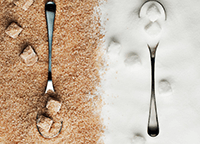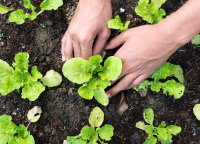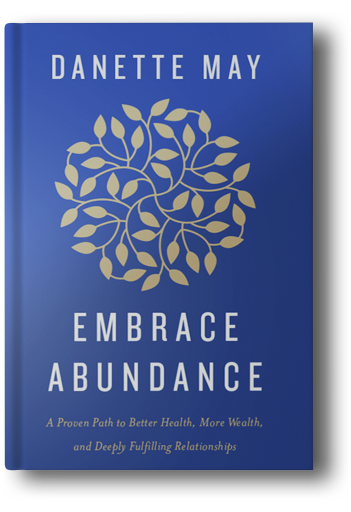Do you start your day with coffee?
You’re not alone.
Coffee is a $30 billion per year industry in the United States alone.
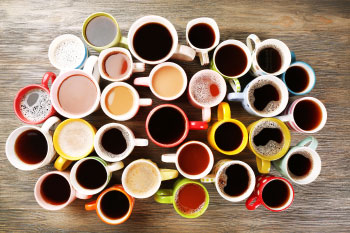
Americans drink about 400 million cups of coffee each day.
The coffee bean is one of the world’s most actively traded products.
Coffee’s big sales mean more than just great cafes on every corner. It also means that growers have come up with many shortcuts to help them grow it as fast as they can.
Shortcuts don’t make things better. In the case of our favorite drink, it may mean harm to both health and the environment.
Coffee is a shade-loving plant. But to make growing it easier, farmers cut down trees and grow it in full sun.
This destroys the homes of birds and other animals. It also means more and more chemicals are needed to grow it. Things like:
- Fungicides
- Herbicides
- Insecticides
- Pesticides
- Synthetic fertilizers
Coffee is one of the most chemically treated crops in the world.
TweetDrinking coffee treated this way exposes us to these chemicals. It also exposes farmers, pickers, and processors to these chemicals.
The impact of these chemicals is profound.
Coffee farmers are often plagued with health problems, including “dizziness, headaches, difficulty breathing and tightness in the chest.”
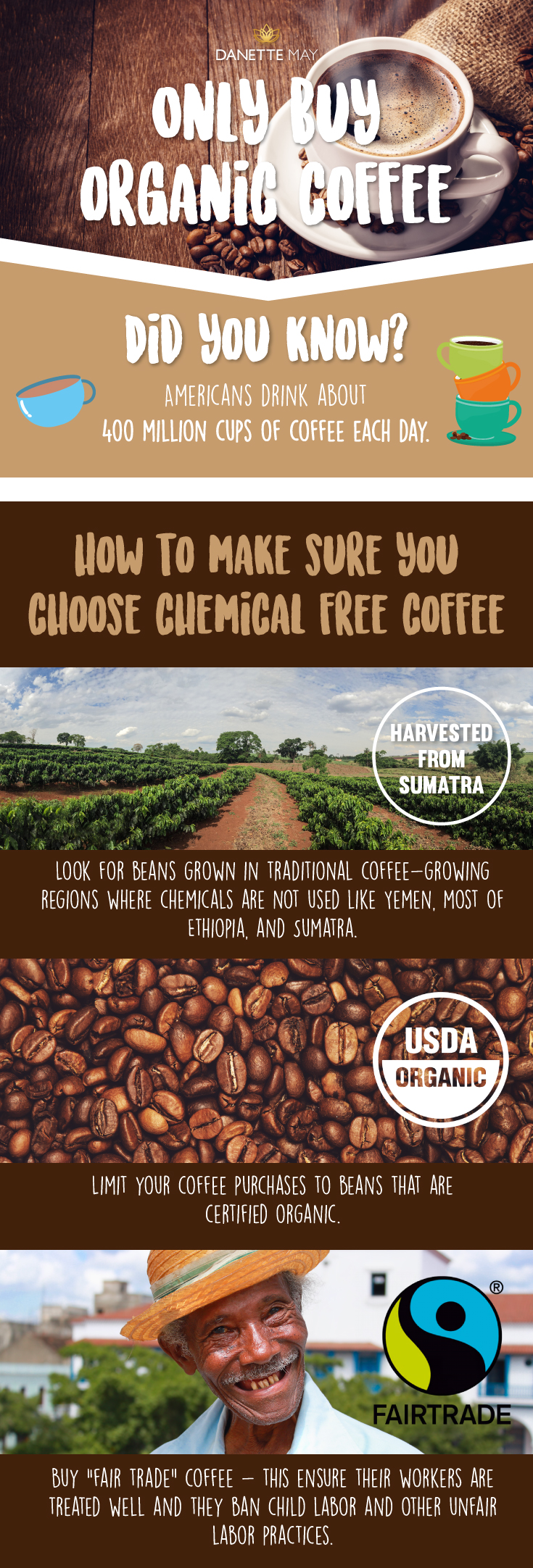
How Can You Protect Yourself and Still Enjoy Your Java?
There are things you can do to protect your own health and the safety of people in the coffee industry.
The answer is simple. Choose organic coffee.
Coffee that is organic uses no synthetic fertilizer or chemicals. Crops are rotated to keep the soil healthy. The beans are clean, and so is the land, air and water around it.
As a bonus, organic coffee is better for you and tastes better.
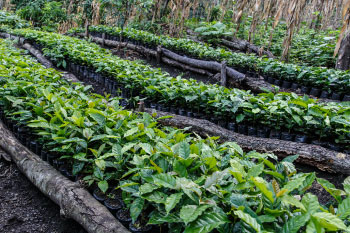
Unfortunately, coffee that is grown organically is much more expensive. There’s a reason for that.
One report showed that farmers get 485 pounds of coffee from an acre grown using chemicals.
Only 285 pounds can come from an acre that’s grown organically.
Still, the cost is worth it.
Coffee beans that are grown organically contain higher levels of antioxidants. They're also free of chemicals and don’t have a harmful impact on the area where they’re grown.
Don't throw the baby out with the bath water and just stop drinking coffee because there's evidence that coffee can protect your liver.
How to make sure you're choosing a chemical-free coffee
- Look for beans grown in traditional coffee-growing regions where chemicals are not used.
These include Yemen, most of Ethiopia, and Sumatra.
- Even better, limit your coffee purchases to beans that are certified organic.
These are monitored on the farms where they are grown. Their processing, preparation, transportation, storage and roasting is also checked.
Organic coffee is grown with an eye to skipping chemicals and protecting the health and environment near where it is grown.
- You can take your efforts one step further by buying “fair trade” coffee.
Fair trade products are those that ensure workers are treated well. Most fair trade coffee comes from small farmers who are guaranteed to get a fair price. They ban child labor and other unfair labor practices.
Both fair trade coffee and organic coffees have labels that indicate their status.
Does all this coffee talk leave you looking for a nice hot cup of java? My Super Healthy Coffee recipe will hit the spot!
Yours in health and happiness,
Danette
P.S. Make sure you share this important info. with your coffee loving friends and I always love hearing from you in the comments below! Do you buy organic coffee now?


